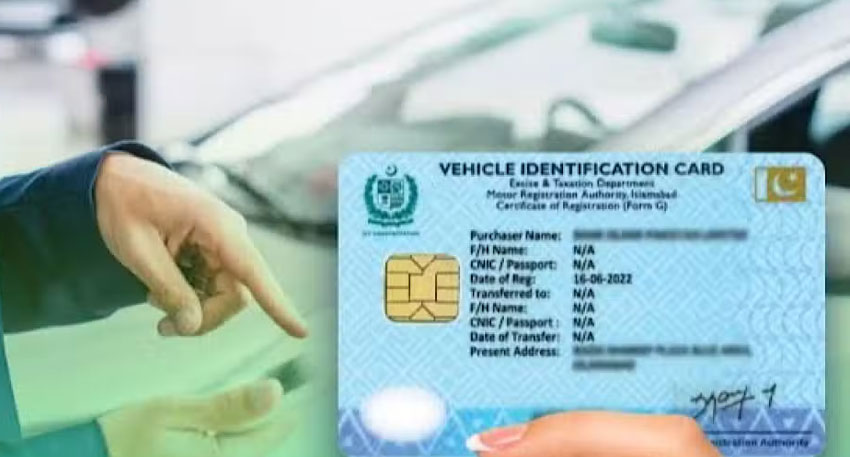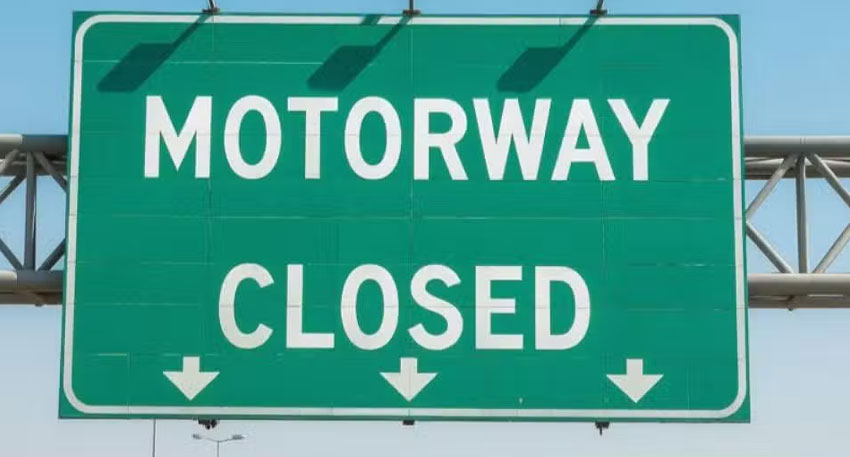
In an important update for students across Punjab, the Punjab Boards Committee of Chairpersons (PBCC) has extended the admission deadline for 1st Year (Class 11) for the academic session 2025–2027.
This change comes after an emergency meeting held on 16 September 2025, where the committee reviewed how recent floods have disrupted schools and colleges in various districts.
New Admission Deadlines for Class 11 in Punjab:
- Without late fee: 4 August 2025 to 29 September 2025
- With late fee (Rs. 600 per student): 30 September 2025 to 14 October 2025
No admissions will be accepted after 14 October 2025.
These updated dates are applicable to all BISE Boards across Punjab.
Admission Process Checklist for Institutions
All schools and colleges must complete the following within the deadlines:
- Enter student data online.
- Pay the admission fees via computerized challans.
- Submit hard copies of enrollment forms and original challans to their respective BISE offices.
Why Did This Happen?
The PBCC made this decision after several areas were affected by severe flooding, which disrupted academic operations and made it hard for students and institutions to complete the original admission process on time.
This extended deadline gives everyone more time to catch up and get enrolled properly.
Also Read:Admissions open in Govt universities of Punjab for BS programs
This decision shows how natural disasters like floods can seriously impact educational timelines.
The PBCC’s quick response helps reduce stress on students and schools by allowing more time for admissions.
However, it also highlights a deeper issue: the need for disaster-resilient education systems.
While the extension is helpful, it’s clear that Punjab s educational infrastructure still needs better planning for such emergencies.
If climate-related disruptions continue, policies must evolve further to avoid repeated academic delays.




